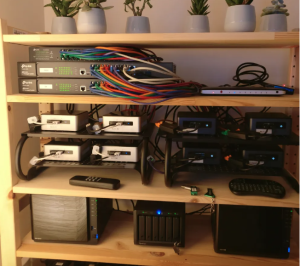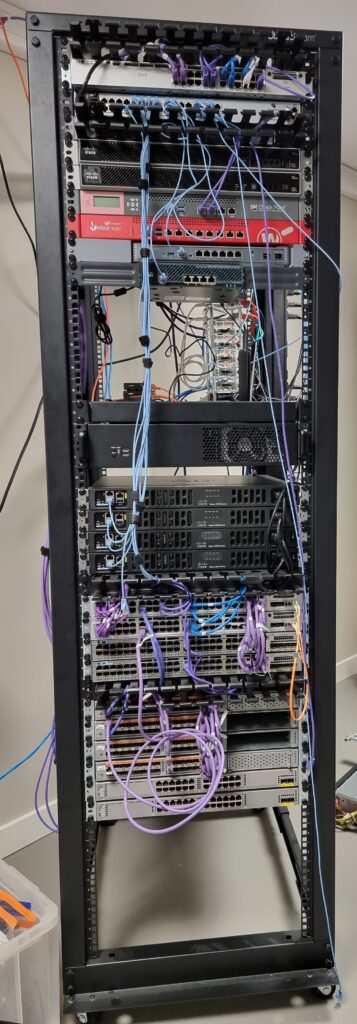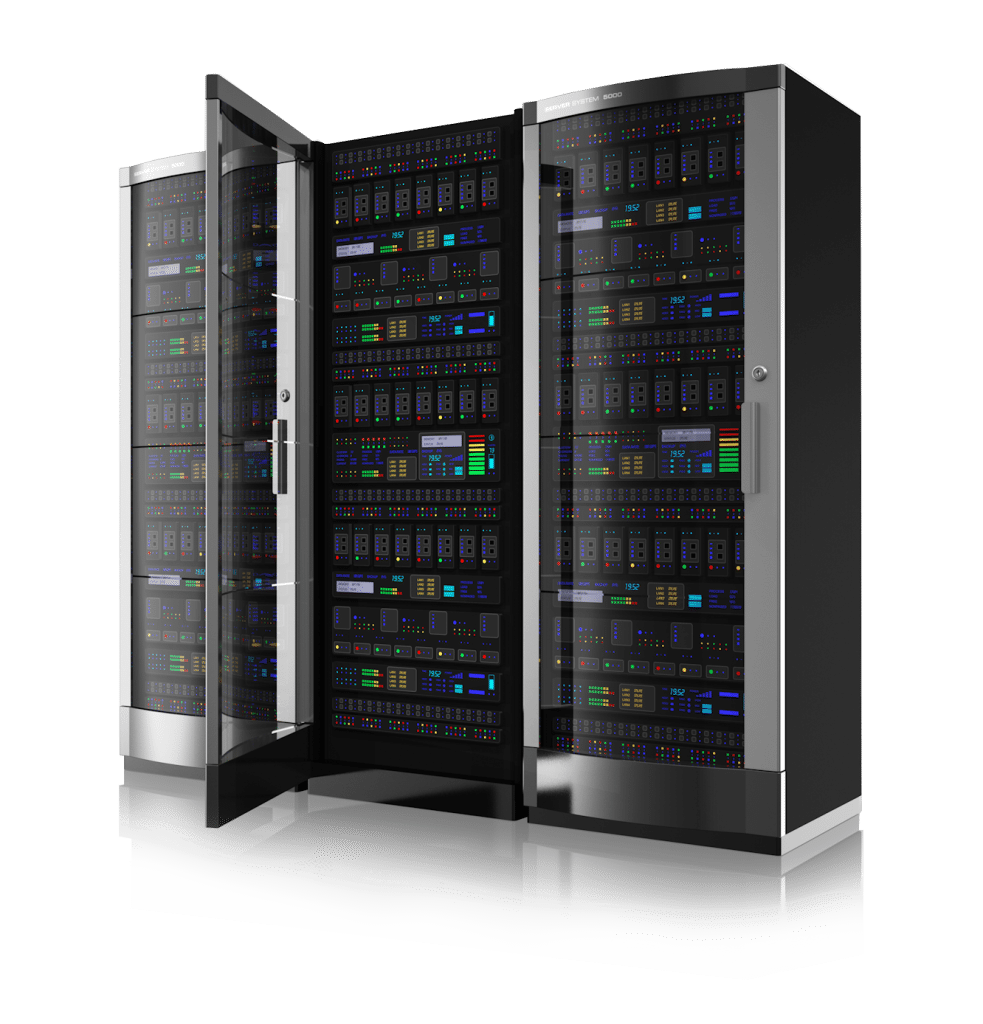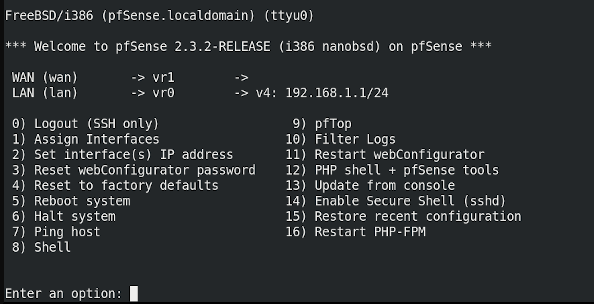Home Labs
Why would you build a Home Lab?
Building a home lab can be beneficial for a variety of reasons:
- Learning and experimenting with new technologies and software
- Developing and testing new ideas and projects
- Providing a safe and controlled environment for troubleshooting and problem-solving
- Saving money on cloud or other hosting costs
- Improving network security by allowing for testing of security tools and practices
- Preparing for certifications and professional development
As you can see, a home lab can be a great tool for anyone looking to expand their knowledge and skills in technology.

You need to have an open mind when it comes to possibilities. As a Home Lab can be a great tool for saving time and money, and get you close to your goals faster.
Depending on your goals a Home Lab can have many different parts. Today we are going to build one to test Software and Operative Systems.

Before moving forward we are going to check some of the scenarios a Home Lab can be use for.
There are many different scenarios that can be built for testing in a home lab, depending on the profession. Here are a few examples for four different professions:
-
Network administrator: A home lab for a network administrator might include virtualized network devices such as routers, switches, and firewalls, as well as servers running different operating systems. This would allow for testing and experimentation with different network configurations and troubleshooting network issues.
-
Software developer: A home lab for a software developer might include a development environment with multiple programming languages, a version control system, and a continuous integration and deployment pipeline. This would allow for testing and experimenting with different software development practices and technologies.
-
Cybersecurity professional: A home lab for a cybersecurity professional might include a variety of virtualized systems, including Windows, Linux, and MacOS, as well as different types of network devices and a honeypot. This would allow for testing and experimenting with different types of security tools and practices, such as penetration testing, incident response, and threat hunting.
-
Data scientist: A home lab for a data scientist might include a variety of data storage and processing tools, such as a database, a big data platform, and a machine learning framework. This would allow for testing and experimenting with different data analysis techniques and building machine learning models.
It’s worth noting that these are just a few examples, and a home lab can be customized to suit any profession.
In this tutorial we are going to build a simple Server environment where we can install a container management system and build on top of it our applications so we can test them and check if they are the right fit.








